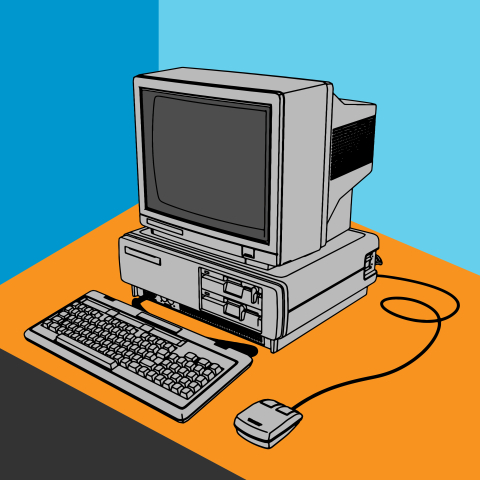Computer Emulators Website Page and Info
![]()

Fri - June 20, 2025
9:26 pm
|
Article Hits:2430
In the ever-evolving landscape of technology, certain concepts stand out for their ability to bridge the past with the present. One such concept is computer emulation. But what exactly are computer emulators, and who finds them indispensable? This article delves into the intricacies of computer emulation, with a particular focus on retro and vintage computing.
Read More
Get retro game and computer emulators for your PC
Visit our PC Emulator Downloads Page, Download in Minutes


